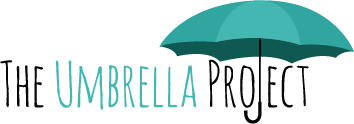
by Jen Forristal | Oct 15, 2018 | Gratitude
Around the time of adolescence, we see boys reporting lower levels of gratitude than their female peers.
Today’s tip with Dr. Jen walks through why this happens and how Dads have a special role to play in modelling gratitude to demonstrate the importance of this life skill for sons. Watch it below or join our parenting Facebook Group.
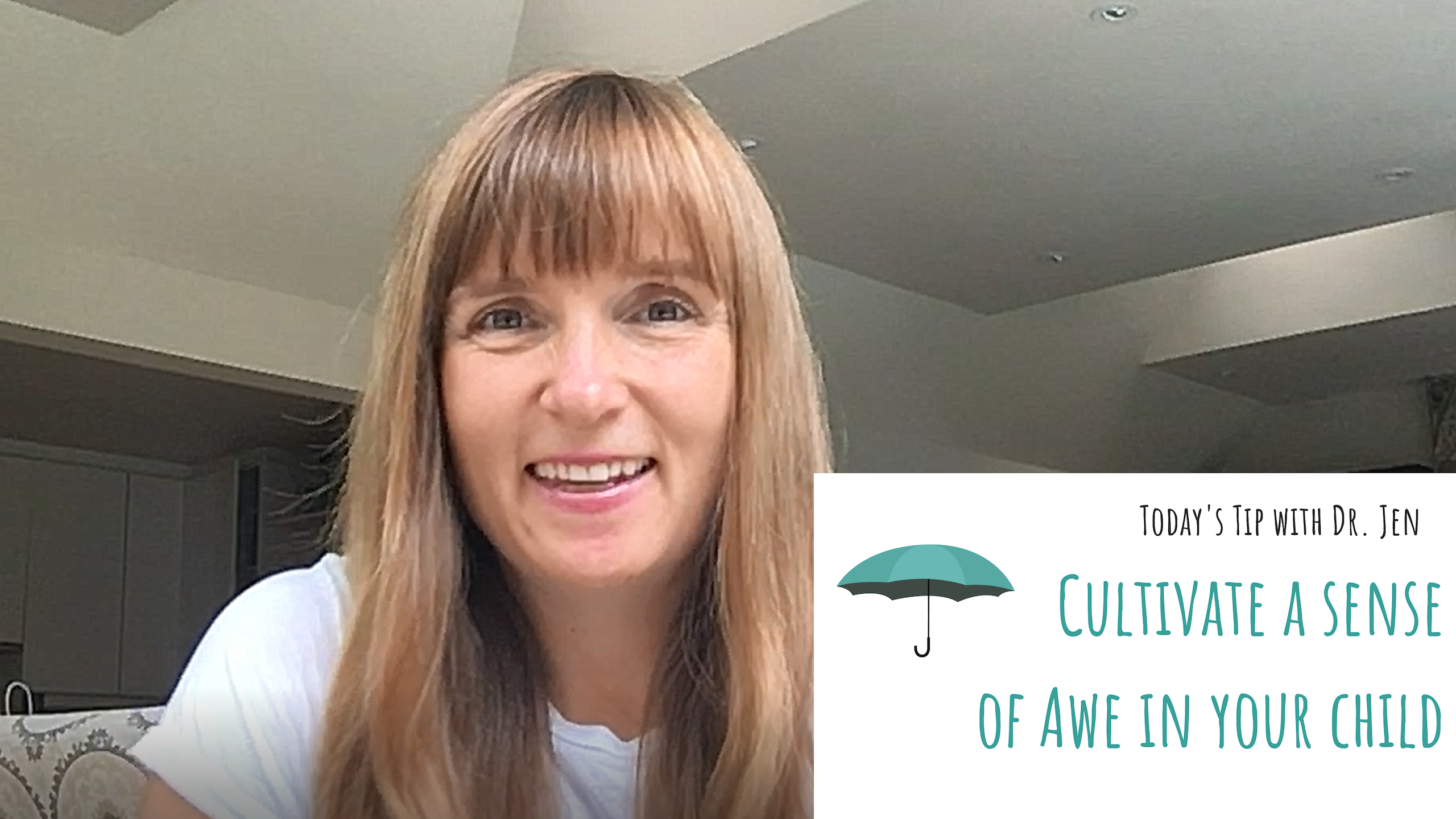
by Jen Forristal | Oct 12, 2018 | Gratitude, Umbrella Intro
Awe is that feeling we get when we’re inspired and amazed by something fantastic in this world.
Cultivating a sense of awe can help us to build gratitude. Learn more in today’s video tip with Dr. Jen! Watch it below or join our Facebook Group for parents.
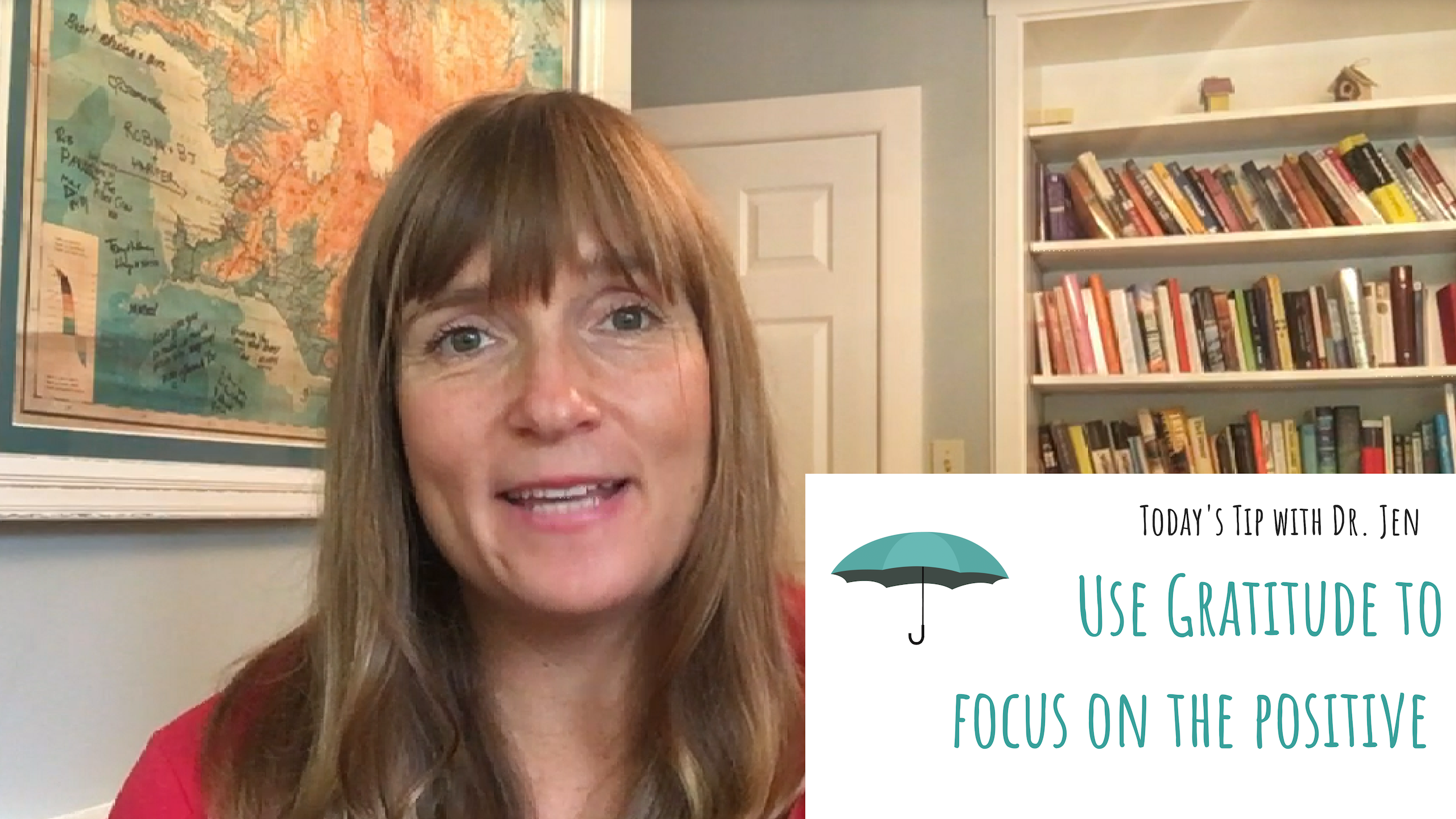
by Jen Forristal | Oct 10, 2018 | Gratitude
Does your child struggle with more of a focus on the negatives than the positives?
Daily gratitude can help set a more positive tone, boost self-esteem and improve their mood and outlook. Learn more in today’s video tip with Dr. Jen! Watch it below or join our Facebook Group by clicking HERE.
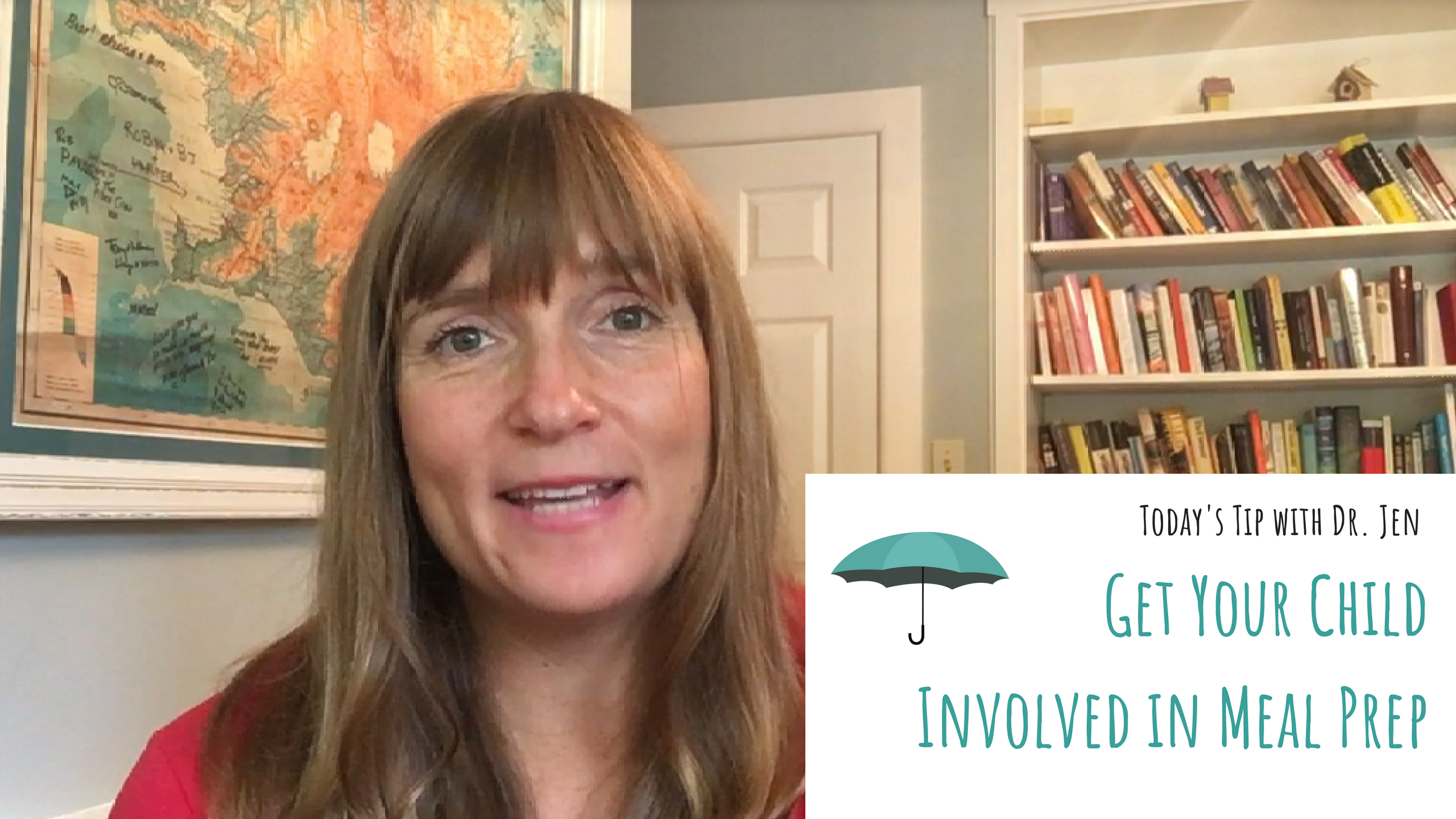
by Jen Forristal | Oct 5, 2018 | Gratitude
Thanksgiving is already a holiday that’s all about celebrating thankfulness and being grateful for what we have.
To help deepen your child’s feeling of gratitude this long weekend, try getting them involved in preparing a meal. Learn more in today’s tip with Dr. Jen. Watch it below or join our parenting Facebook Group.

by Jen Forristal | Oct 1, 2018 | Gratitude
Thank you so much for being a part of the Umbrella Project and helping us improve wellbeing for everyone!
Each month, we focus on one piece of what makes a powerful umbrella of wellbeing skills and this month we are adding gratitude to our umbrellas.
Gratitude is the skill that helps us recognize all the things we have instead of getting stuck on the things we do not have. Our brains pick up more on threats and negatives than positives as a survival mechanism. To counter this, we need to make sure we help our children see the positives as often as possible. Teaching your children to focus on what they do have instead of what they do not is a powerful positive coping strategy that can get them through many of life’s difficult days, strengthen their relationships and protect against anxiety and depression.
This month we are excited to share all kinds of ways you can make practicing gratitude a fun and natural part of your child’s life.
Your Gratitude Tip: Make gratitude accessible and visible.
In preparation for gratitude month, add a box of thank you cards to your shopping list and put them in the centre of your kitchen table along with pens, crayons, markers, stickers, etc.
Challenge your family to write thank you cards throughout the month for the people who help them. This could be teachers, friends, neighbours or anyone whose actions – big or small – make our lives better. Most people do not mind making sacrifices for others. In fact, giving to others is a great way to improve our wellbeing. When we recognize people for their efforts and express our gratitude, it helps that person to feel they are appreciated for their efforts and adds to the wellbeing benefits. The few extra minutes that it takes to show our gratitude this way can have a huge impact on someone else.
In addition, gratitude benefits the person expressing it by stimulating the reward circuits in our brain and flooding us with good feelings. Gratitude is good for everyone!
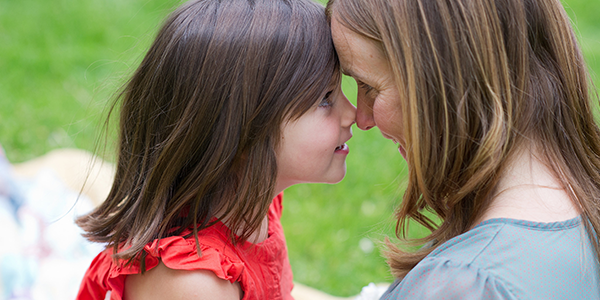
by Jen Forristal | Jan 10, 2017 | Gratitude
[spb_text_block animation=”none” animation_delay=”0″ simplified_controls=”yes” custom_css_percentage=”no” padding_vertical=”0″ padding_horizontal=”0″ margin_vertical=”0″ custom_css=”margin-top: 0px;margin-bottom: 0px;” border_size=”0″ border_styling_global=”default” width=”1/1″ el_position=”first last”]
Teaching gratitude to our children is a wonderful gift we can give them that builds their ability to recruit positive thoughts when faced with life’s challenges. We all ask our children to say thank you regularly but sometimes it feels as if we are creating more of a habit then a true understanding of gratitude. In fact, some of the most effective gratitude lessons come from helping children recognize three key concepts: intention, cost and benefit.
Intention
Helping is often intentional and teaching children the intentional nature of this effort can increase the level of gratitude they experience. Have your children be on the lookout for times when someone has gone out of their way to help them.
Cost
When someone does something for us they are frequently giving up something for themselves. This could be time, money, effort, etc. Have a conversation about what these costs may be when your child has identified intentional helping in their lives. This will help them to understand the meaning behind doing something for someone else, and what it means when someone does something for them.
Benefit
Lastly, it is important to recognize and understand the benefit we receive or give to others when we help. Helping your child to understand the benefits of giving and receiving kindness, will increase their levels of gratitude.
Gratitude is a skill that can be developed throughout life and can help us to lead happier, more fulfilling lives. By taking the time to help your children identify and understand gratitude (the intention, costs and benefit of helping another person) they will be able to develop that skill and integrate it into their lives everyday. Create a family mission to identify these principles in your own lives and start a gratitude journal to thoughtfully record, reflect and share these moments of gratitude with the family.
[/spb_text_block]

